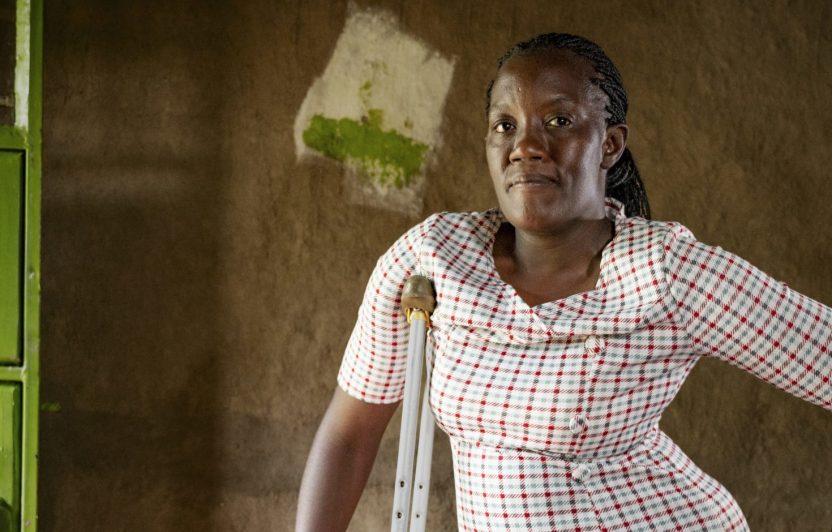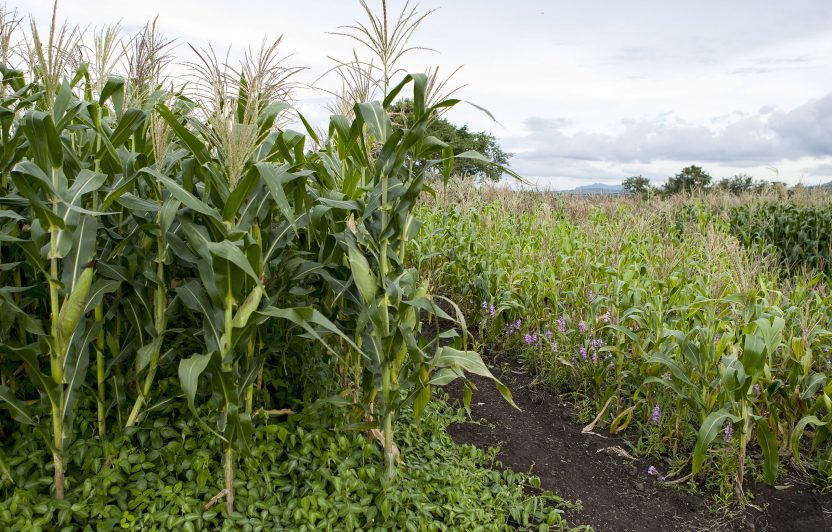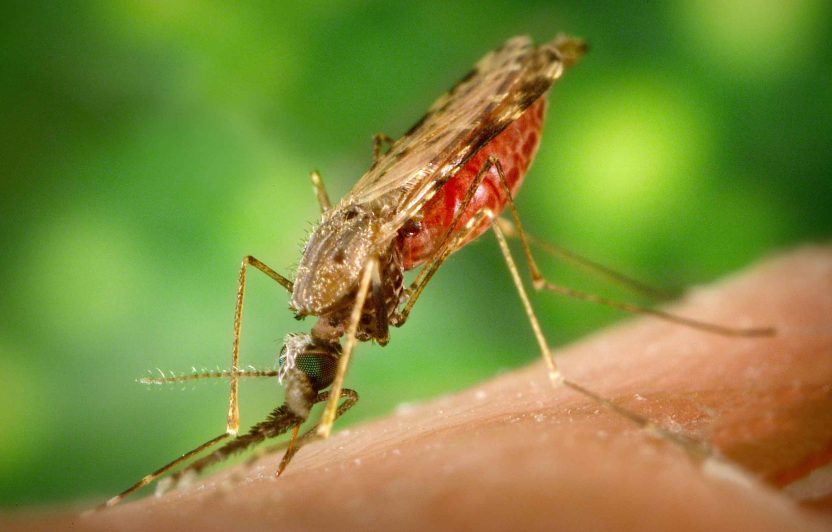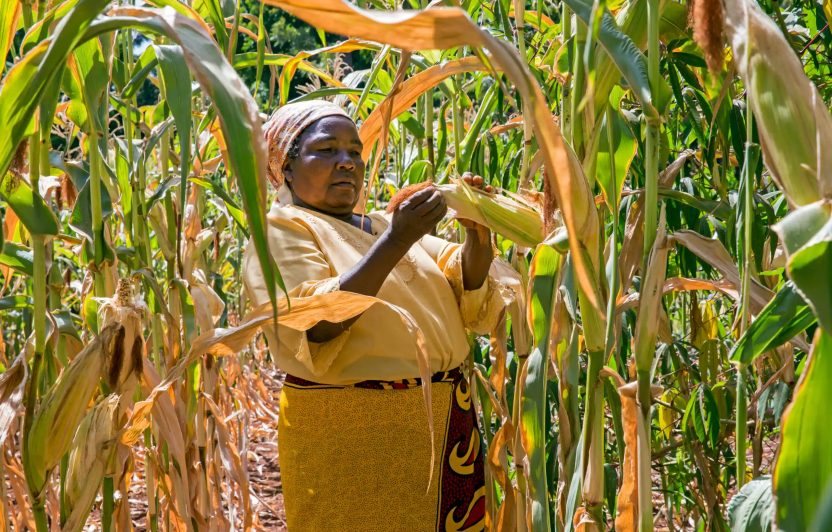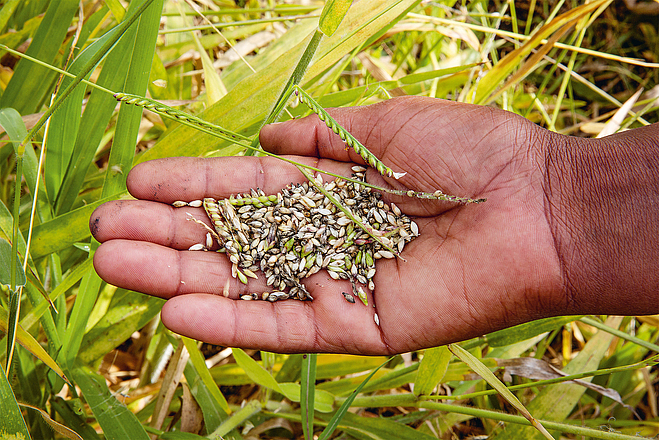
Tineyi Chakanyuka and Paskalia Shikuku make a large part of their living from the environmentally friendly push-pull corn and millet cultivation method. Biovision insiders will be thinking: that is not exactly breaking news. For that is what over 160,000 farmers in sub-Saharan Africa are doing too.
But what sets these two women apart is that neither Tineyi Chakanyuka nor Paskalia Shikuku grow corn or millet. They take advantage of the fact that push-pull opens up a variety of other economic niches in addition to grain production. These niches can be – or even have to be – filled by smallscale entrepreneurs in order for push-pull to become established. This is entirely in keeping with the holistic approach of Biovision and agroecology.
Push-pull is an environmentally friendly cultivation technique that offers a range of advantages: it increases the yields of small holder families by offering protection against pests, reducing parasitic plants and increasing soil fertility. But in order to use push-pull at all, households are also dependent on the fact that the seeds they need for implementing the method (desmodium and elephant grass) must be available on the market in the first place. And this is where Tineyi Chakanyuka comes in. She is responsible for the product range sold by the seed producer Mukushi Seeds in Harare, Zimbabwe, and recognised early on that there is great potential in selling push-pull companion crops. As the popularity of this cultivation method rises, so does the demand for seeds.
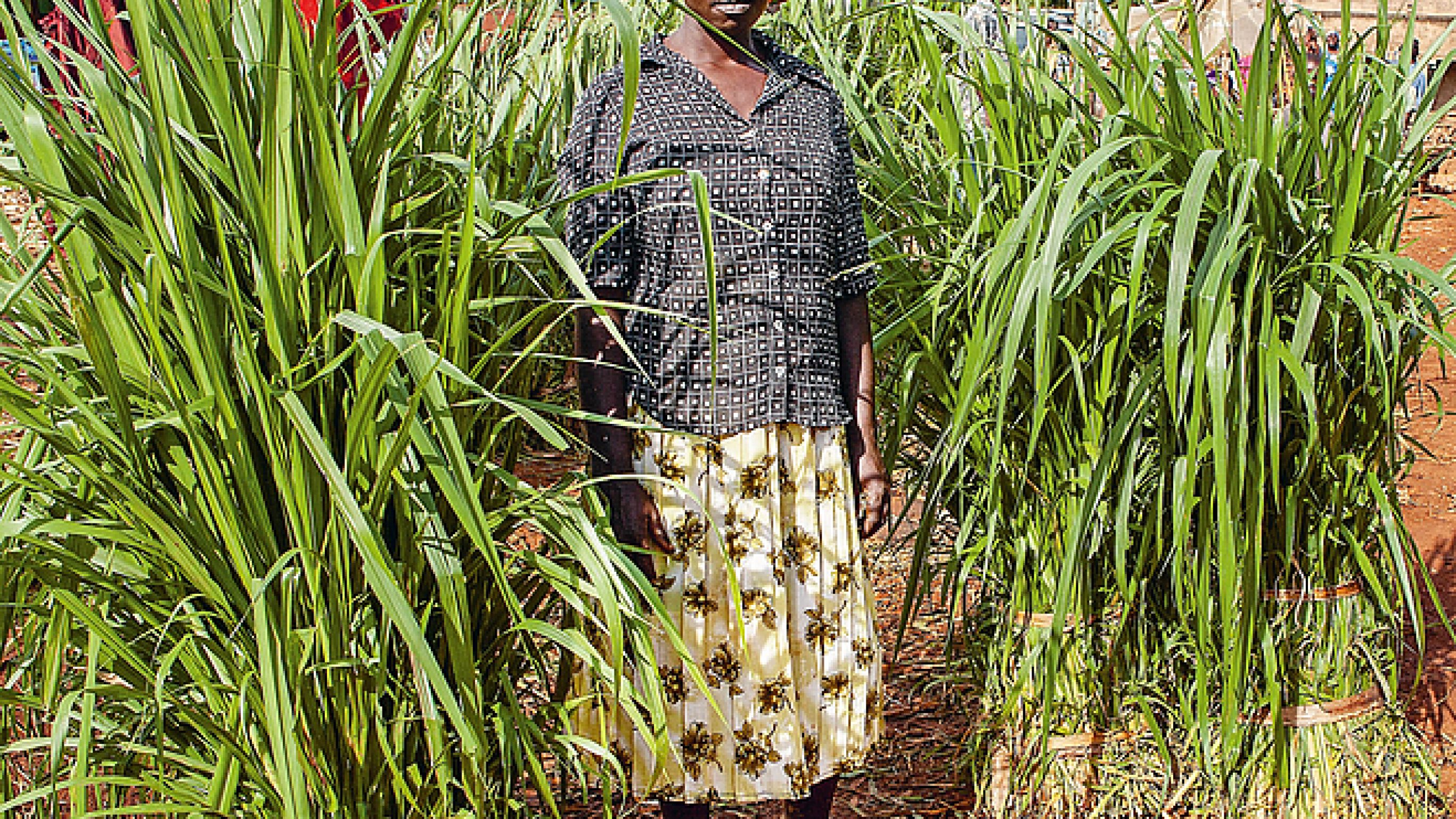
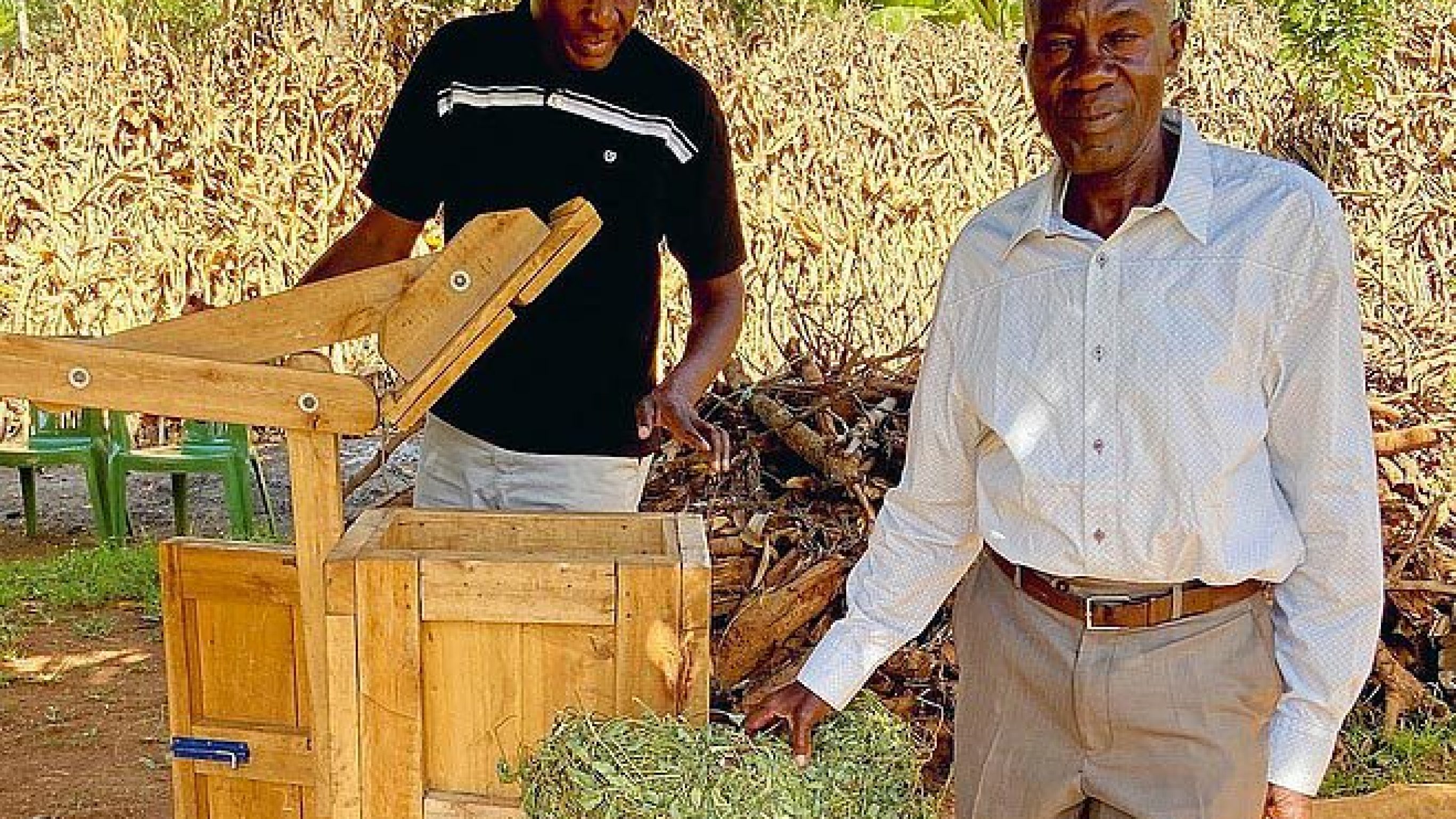

A story with a sequel
Paskalia Shikuku has created a niche for herself at the other end of the value chain. She is president of the forage grass cooperative “Sabatia Napier Traders Group”. High-quality forage grass is harvested by farmers as a very welcome by-product of the push-pull method. There is often even a surplus, as they produce more than their animals need.
The farmers affiliated to the cooperative dry out the surplus grass and turn it into fodder bales. These are collected and stored in a dry place until demand for hay increases in the dry season and the price rises. Consequently, push-pull fits into an agroecological system which not only ensures food security for farm households, but also strengthens the financial independence of upstream or downstream companies and contributes to the health of livestock.
And the story is far from over: as part of a project supported by Biovision, the Kenyanbased international research institute, icipe, is currently investigating the extent to which the cultivation of vegetables can be integrated into push-pull. This would give families a wider choice of foods. In addition, vegetables fetch high prices on the market, and this is another opportunity for small farming families to generate income.
Video about the Push-Pull method


